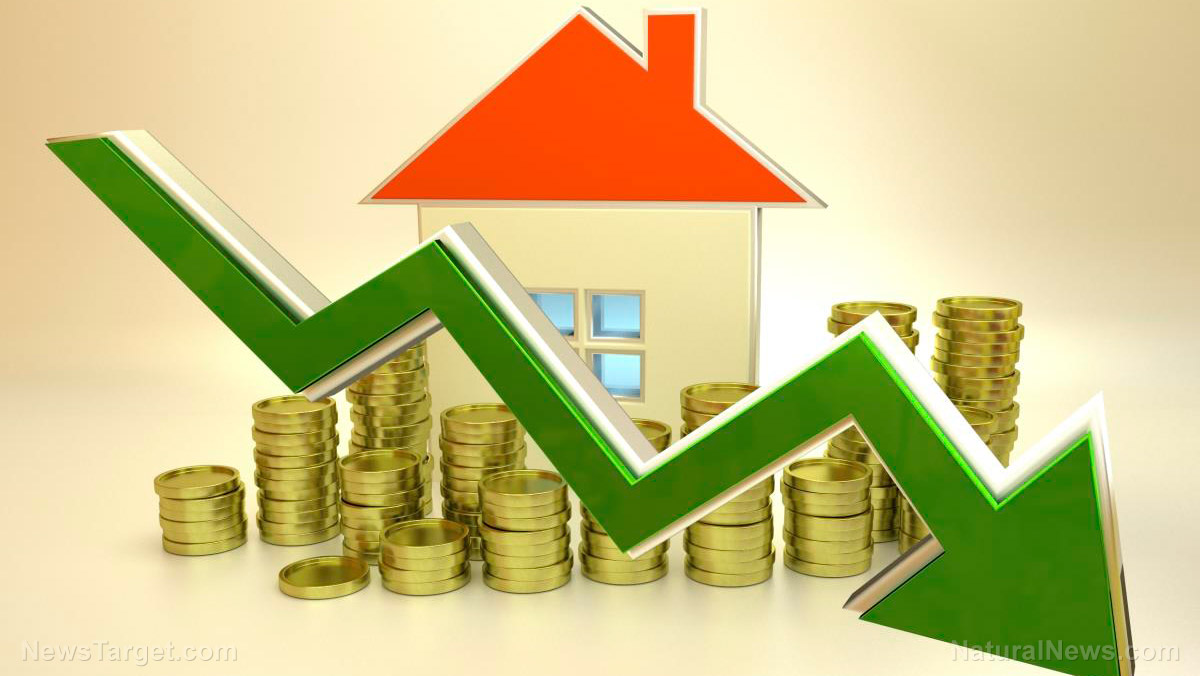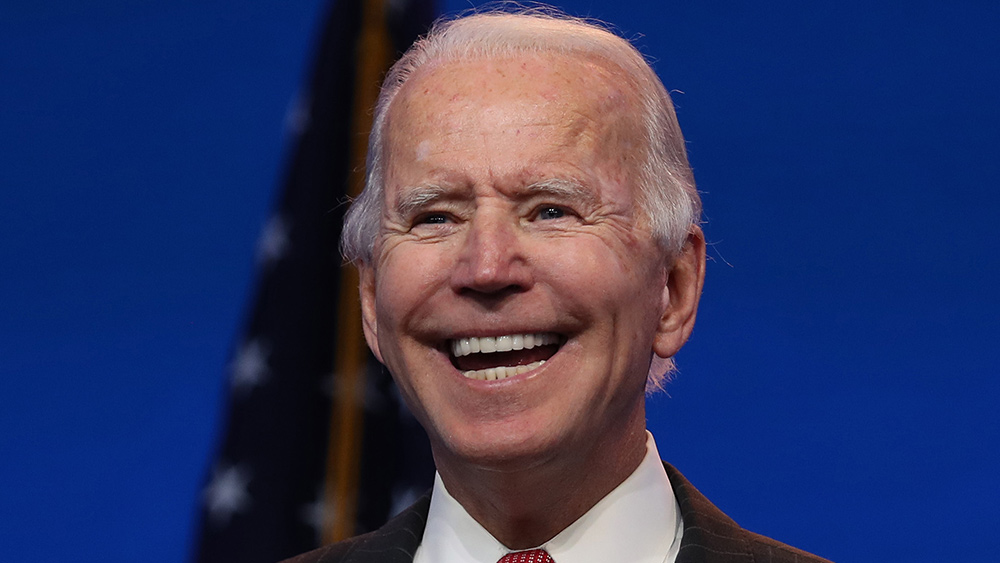
The 30-year mortgage rate is now at 20-year high 6.94 percent, according to finance company Federal Home Loan Mortgage Corporation's (FHLMC) latest weekly survey. As per FHLMC, also known as Freddie Mac, the 30-year mortgage rate was at 6.92 percent last week and only 3.09 percent on average last year.
The report further indicated that rates are up two basis points from the previous week, with one basis point equal to one-hundredth of a percentage point, or one percent of one percent.
"Mortgage rates slowed their upward trajectory this week," Sam Khater, chief economist at Freddie Mac, said in a statement. He added that the 30-year fixed-rate mortgage continues to remain just shy of seven percent, which is adversely impacting the housing market in the form of declining demand.
This was confirmed by the National Association of Realtors (NAR) on October 20 as existing home sales dropped for the eighth straight month. Sales fell 1.5 percent to a seasonally adjusted annual rate of 4.71 million in September. The last time they fell to this level was in May 2020.
Residential real estate brokerage firm Redfin also said there is a huge decline in the number of sold houses last month at 25 percent year-over-year while new listings fell 22 percent. Those were the biggest decreases on record with the exception of the early months of the pandemic, the company said.
"The U.S. housing market is at another standstill, but the driving forces are completely different from those that triggered the standstill at the start of the pandemic," the firm's economics research lead Chen Zhao said in a statement.
Due to the high rates, buyers are getting more and more hesitant to file loans for houses based on the number of mortgage applications, which is currently at the lowest since 1997, the Mortgage Bankers Association said. (Related: Home buyers hesitate as US mortgage rates soar to 16-year high.)
America also dealing with housing shortages
Aside from rising mortgage rates, America is also dealing with housing shortages.
Analysts have estimated that there is a nationwide housing shortage of between two million to nearly six million newly built homes. Senior Economist and Director of Forecasting for the NAR Nadia Evangelou said their group estimated that there's a shortage of 5.5. million homes.
"There doesn't appear to be any end in sight," Evangelou told USA Today.
The organization uses its housing shortage tracker to compare the supply and demand by the number of single-family housing permits issued for every two new jobs in 175 U.S. markets.
They found that both big and small cities are dealing with severe underbuilding, but the worst is happening in major cities.
Mike Kingsella, CEO of Up for Growth, a Washington, D.C.-based housing policy research nonprofit, told the news outlet that Los Angeles is among the most underproduced housing market in the U.S. with a shortfall of nearly 400,000 homes or about 8.4 percent. In July, his company released a study tracking more than 800 U.S. housing markets across the country from 2012 to 2019.
NAR also cited Los Angeles as one of the cities with severe housing shortages. The city's metro area had 247,400 new jobs compared to 11,206 single-family permits, Evangelou said.
HousingBomb.com has more stories related to America's collapsing housing market.
Watch the below video that talks about the impending housing crash.
This video is from the High Hopes channel on Brighteon.com.
More related stories:
Luxury home sales suffer biggest decline in 10 years, real estate firm reports.
Redfin: House sales decline in Sun Belt as buyers back out due to hefty prices.
UNAFFORDABLE HOUSING: US home rental rates set new record for 17th straight month.
Sources include:
Please contact us for more information.




















